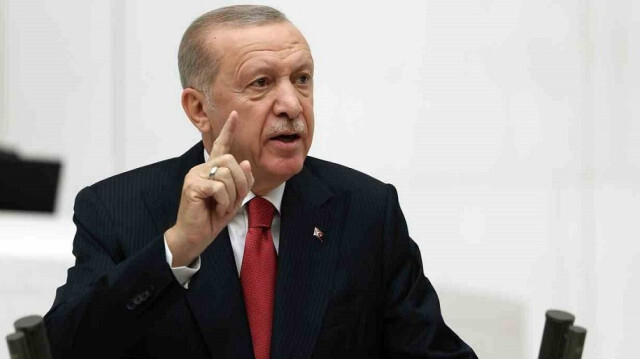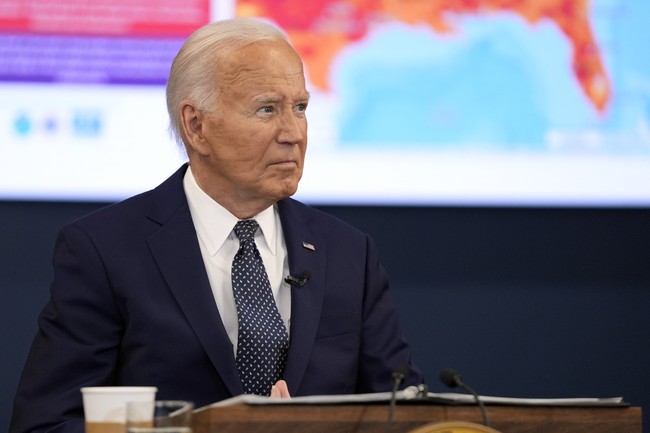Erdogan's Bold Stance on Israel's Operations
Turkish President Recep Tayyip Erdogan condemns Israel's ground operations, warning of far-reaching consequences and urging global intervention.
Published October 03, 2024 - 00:10am

Image recovered from yenisafak.com
Turkish President Recep Tayyip Erdogan has issued a stern warning regarding Israel's ground operations in Lebanon, forecasting consequences that will extend far beyond past historical precedents. Addressing the Turkish parliament at the reopening after the summer recess, Erdogan declared that the repercussions of Israel's current military activities would be unlike any seen before.
The Turkish leader emphasized that the operations in Lebanon are not isolated incidents but part of a broader strategy driven by what he termed as Israel's 'delusion of promised land.' He suggested that this ideology might lead Israel to target Turkey next, warning of the potential encroachment on Turkish sovereignty.
Erdogan's statements came amidst the backdrop of Israeli troops and tanks moving into Lebanon, marking a significant escalation in the region's conflict. He decried the actions of Israel as a combination of occupation, terror, and aggression, describing Israel not as a lawful state but as a 'horde of killers,' thriving on bloodshed and occupation. This rhetoric indicated his grave concern for regional stability and Turkish national security.
In a related statement on social media, Erdogan highlighted the brutality of Israeli attacks that resulted in numerous Lebanese casualties, including children. He condemned these acts as indefensible and called on the international community, particularly human rights organizations and the UN Security Council, to take swift and decisive action to halt what he described as Israel's genocidal policies.
The Turkish president's comments underscore the geopolitical tensions in the Middle East, with Erdogan positioning Turkey as a vocal opponent of Israel's military policies. He also stressed the importance of the Islamic world adopting a firm stance against such aggression, a call that resonates with many in the Muslim-majority region.
Furthermore, Erdogan drew historical parallels, comparing Israeli Prime Minister Benjamin Netanyahu to Adolf Hitler. He contended that, like Hitler, Netanyahu's actions ought to be stopped, predicting that the international community would eventually hold the Israeli leadership accountable, just as it did with the Nazi regime.
Echoing Erdogan's sentiments, various sources reported on his stark warning about the implications of Israeli military actions. In a speech covered by Spanish media, Erdogan described Lebanon as the latest target of Israel's 'genocidal' and 'invasive' policies, urging global human rights bodies to intervene. He asserted that the support provided to Israel by powerful nations, which include arms and ammunition supplies, only fuels further conflict and destabilizes the region.
In another address, Erdogan cautioned that if the Israeli government does not cease its aggressive policies, the ramifications will extend not just to neighboring countries but potentially to Turkey itself. He reiterated that Turkey would oppose these actions using all available means to protect its territory and independence.
Erdogan's persistent criticism of Israel and his demands for international intervention highlight the urgent calls for diplomacy and peace in a region fraught with conflict. Although his rhetoric is marked by strong nationalist and regional sentiments, it reflects the broader concerns over regional stability and human rights violations.






